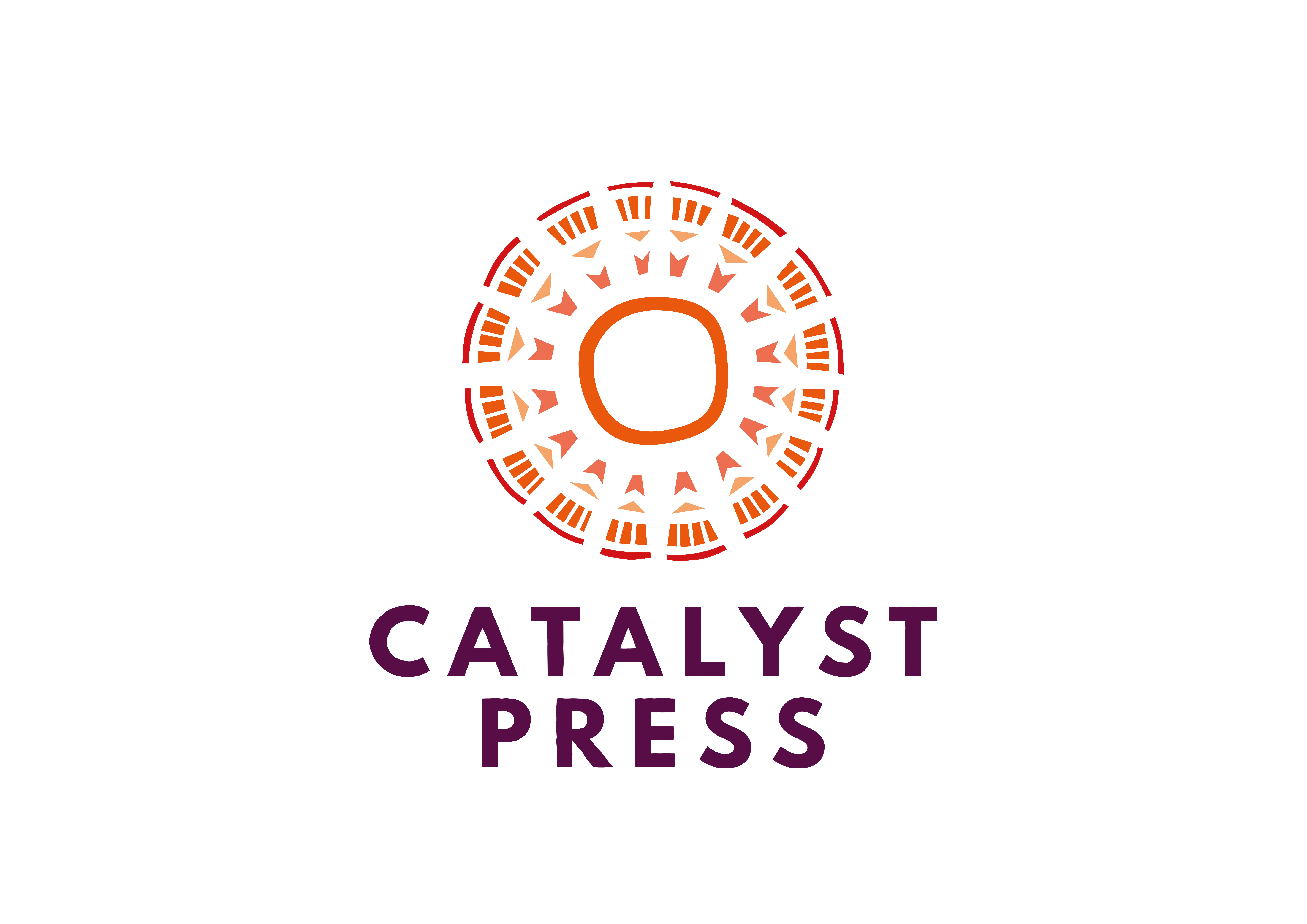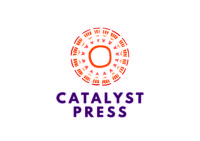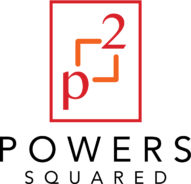This month, we were proud to release the thriller Divine Justice by Joanne Hichens. Divine Justice is the first book in Joanne’s Rae Valentine series, and we’re excited to introduce readers to this feisty, smart, and tough character.
Rae is a newly-minted PI, recovering addict, and in the middle of healing from a big breakup when she is hired to find a set of missing diamonds. The case sends her deep into the dark and violent world of the white supremacist gang, the Core, whose xenophobic and racist crime spree has been terrorizing Cape Town. And once the gang has Rae in their sights, the case may be more than she can handle. (And be sure to visit CrimeReads to read an essay from Joanne about the ways that the resurgence of white supremacist violence played a role in crafting hers, and other crime novels in South Africa.)
Divine Justice has earned praise from Publishers Weekly, The Mysterious Book Report, LitNet, and authors like David Swinson (The Second Girl and Trigger), who writes, “Divine Justice is a no-nonsense, walloping thriller, with an intoxicating and smart protagonist in Rae Valentine. Be sure to find a comfortable spot before opening the book because once you’re taken on the ride it is hard to get off.”
We chatted with Joanne about her work, how she handled having two books releasing at the same time, and why crime writing was a way for her to “see the baddies get what they deserve.”

Can you tell us how you started writing? Was it always something you’ve wanted to do?
I had always wanted to write a novel, and feeling burned out after working for five years in a psychiatric clinic I thought it time to take a break and try my hand at writing. I then did a Masters degree in Creative Writing at the world-renowned University of Cape Town, which kick-started the crime writing. I’d always read crime fiction and it seemed natural that I’d try my hand at a crime novel. Crime novels appeal to my need for order in a disordered, absurd world. I want justice to be meted out, and too often in real life it doesn’t happen. But in a crime novel, I like to see the baddies get what they deserve!
What’s your writing process like? How do you plot a story?
I write mornings. I get up, wander around for a while, sort the washing, do the dishes – I need to have a little time to settle into the day – then I get on with the writing. I try to reserve mornings for creative work. I sit at a desk, with my bottom on the chair, and I try not to be too distracted. I’m probably a little attention-deficit-disordered, so work best in a stark room, with the door closed, no cell phone near me. Around lunch time life takes over and I have to get my son to school, or there’s usually some crisis brewing, like a burst geyser, or a flat tire, or a cat has run out of food, and off I go shopping. I like to read in the evenings, which feeds my writing. Although during various lockdowns I’ve watched a lot of Netflix and Showmax series, which also teaches about story and plot.
When it comes to stories, I usually start with a theme. Hate, or greed, for example. I like to know where I’m going, what the end of the story will be. Then I fill in everything in between. I’m not great at sorting out plot lines, not at the start of writing, and am rather more of an ‘organic’ writer. That doesn’t mean plot isn’t important to me, it clearly is, but I discover the story on the way. Although I do know the bones of it. I knew for example, that my racist baddies in Divine Justice would get their just desserts, and that it would happen on a farm (is this a spoiler?), but I didn’t quite know how I’d get all my characters there, and what would propel the final scenes. For me, I always turn back to the text. The text, and writing, will unravel the story. You mentioned that crime novels “appeal to my need for order in a disordered, absurd world.”
What else about them draws you to the genre?
I have always read crime fiction, as a child, as an adult, I loved reading about ‘justice being done’. Crime fiction shows society and the faults in society like no other genre, and also looks at human motivation to kill, and hurt, and I find that fascinating. We are all base creatures in the end, capable of anything, and crime fiction absolutely underscores that. The kind of crime fiction I prefer is definitely has a Noir leaning, or at least is peppered with a good dose of dark humor that really shows how absurd is the world we live in.
With your newest book, Divine Justice, you’re using the thriller genre as a way to talk about much bigger issues. Do you find that it’s easier to broach these topics when you write thrillers as opposed to journalism or creative non-fiction, for example?
I really set off to examine racism and xenophobia in Divine Justice. I suppose what fiction allows is the opportunity to be in any character’s head and to allow that character room to live and think. I had to put myself right in the mixed-up malicious brain of pseudo neo-Nazis, for example, and allow the reality of that character to come alive. The way I write gives voice to many characters who finally clash in the end.
I would not be afraid to broach any subject in non-fiction or journalism, but one is then bound by the truth. Fiction gives the imagination an opportunity to do it’s work. Motivation is then specific to particular characters. I have learned that I love writing memoir – but then it is from my perspective, and the truth is limited to my view of things.

In Divine Justice, the main character, Rae Valentine, is a marginalized person in a lot of ways— she’s a woman of color, she’s disabled, she’s a recovering addict. How did you develop her character to include those elements but not make them be the only thing about her?
Basically I tried not to define her by her disability, her color, her addiction, or being a woman. She is a human being first and foremost, and I wrote keeping that in mind. I like to think that each of us is disabled in some way. Talking in broad terms, we might wear glasses or have diabetes, or have survived abuse. Everyone in the world is diminished in some way, and I then ask, what does it mean in our lives and how do we overcome this? Even addiction can be described in terms of disability. Addiction usually stems from ‘not being good enough,’ or trauma – basically addiction results from emotional disability.
What I’m saying is that everyone in this world is in recovery from something, or suffers some sort of illness or lack of a limb or lack of ability; every person knows how it feels to be restricted in some way, and how to compensate for that. Rae is an amputee, which places restrictions on her life, on her movement – especially if she is not wearing her prosthesis, which can be really interesting when writing her character – but when she is kitted out with her leg, almost nothing can stop her, and she forgets she is an amputee. She is not entirely defined by being disabled. The same goes for her color, being an addict, and being a woman.
How did you approach writing characters who are very different from you— either like Rae, or the gang members endangering her?
I absolutely can’t profess to understanding the core of what it is to be a person of color. But I know what it feels like to be an outsider, to be a marginalized woman, to have issues around knowing where one belongs, or comes form, and so I can transpose these feelings to the character. I close my eyes and imagine myself into that position. And that is what we have in common, and I focus on that.
It’s the job of the writer to put herself in the skin of whatever characters she chooses to write. In my books I write from different perspectives – from Rae’s, from the point of view of Neo-Nazi gangsters, from the point of view of a religious fanatic, and a killer … writing each of these means is to place myself at their core. Knowing as much about them as I can and knowing their motivation makes it easier to get into their heads and to write authentically.
When it comes to race, it’s a tricky thing. But I don’t think any writer should be restricted.
Most of us have no idea what it is like to murder another human, yet we write about it. We have to stretch ourselves, really allow our characters to live through us, and the writing. Rae, as a young girl, was adopted by a foster family, so was brought up differently to how she would have been brought up as a South African living in a poverty stricken area. She is conflicted that she has been raised in a ‘privileged’ family. Yet even here, her skin color does not define her completely.
You’ve also recently released another book in South Africa, a memoir (Death and the After Parties, published by Karavan Press) Please tell us a little about that book.
Life, as we know, throws curve balls. The entire 2020 has been such an experience! I was on track to writing another Rae Valentine thriller, when my husband died unexpectedly of a heart attack. Just like that, fifty-two years old, or young, and he was gone.
It was a terrible time, but the result was that I wrote a grief memoir. I wrote about losing my mother, then losing, after that, in quick succession, my husband, my father and my mother-in-law – two deaths anticipated, two coming as the worst kind of shock.
It’s a memoir of grief and recovery. I tried to write with honesty and humor and to really bring home the fact that death is our ‘constant companion’. I try and give insight into the losses that stalk us all, while also celebrating the mainstays of life – friendship, family, and the memories of those we love and lose. It’s a path I found myself on, and I had to explore it. Now it’s back to the crime writing.
How have you handled having multiple books out at once?
They are such different books that it’s quite fun, and a challenge. The US release of Divine Justice has come after a number of years, so that feels less urgent to me. Though I am so thrilled to be published in the US, and I hope Rae Valentine finds a readership there.
There was some rewriting/editing for the US release of Divine Justice, so was there a point when you were actually writing both at once?
Yes, I did a major upcycle, or overhaul for the American edition of Divine Justice. It was really an opportunity to look at the text and make it better. So I enjoyed doing that, and realized that I have learned quite a bit over the years about writing.
I was editing and rewriting bits of Death and the After Parties at the same time. I tend to work best in chunks of time – so would give myself say three days to work on Divine Justice, and then three days to edit Death and the After Parties and so on. I try to have fun when I’m writing crime – my kind of absurd over-the-top crime, so it actually brings me relief from writing about the everyday struggles we’re all faced with now, death and loss being right at the top of the list.
You’ve done a lot of work promoting the South African crime writing community. What do you love about that work? What would you like people to know about that community?
I love working with other writers, learning about their process, encouraging newer writers, learning all the time myself about writing. Writing can be a really lonely experience. Connecting with other writers is helpful, and can be exciting, and means we’re part of a writing community.
I love the idea of short story collections that provide readers with a range of styles and content. A reader can sample the different worlds of various writers. I’ve edited many short story collections, notably Bad Company, which has a foreword by Lee Child, and Bloody Satisfied, foreworded by Deon Meyer, both of them crime-thriller collections.
Crime is the same here as anywhere in the world. People are the same. The settings are different. But we have more in common than we think. I hope we all read each others crime novels and try to help wherever and however we can.
What advice would you give to an aspiring writer?
Do not give up. Keep learning. Have a mentor if you can. Or a writing buddy, or a group so that you have support on the dark lonely times. Keep at it. If you want to do it, that is. Have fun.
Who are some writers that have inspired you?
Classic crime writers like Elmore Leonard and Raymond Chandler and Don Winslow. Noir writers such as James M. Cain, and Vicki Hendricks. Have you heard of Daniel Odier? The author of Diva. I love his work. and Carl Hiaasen is my favorite, and Mark Haskell Smith and Chuck Palahniuk. The writers who are irreverent, funny, who use black humor, exploit the absurdities of the human condition, and are tongue in cheek about it.
As I get older I read a lot of philosophy. What is the meaning of life? We’re all trying to live a better life, and to find meaning, to be kinder.
What’s next for you?
I hope to have the sequel to Divine Justice published by Catalyst and am working on a third Rae Valentine novel.
And now that I’ve written a memoir, I’m looking forward to putting together a book based on these crazy times of Covid, looking at loss and change and at the gains too …
Order Divine Justice:



